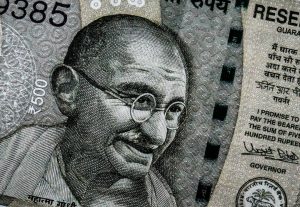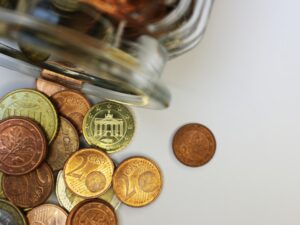Understanding the Forex Market in Iran: Tips for New Traders
The foreign exchange market, also known as the forex market, is a decentralized global marketplace where currencies are traded. It is the largest and most liquid market in the world, with an average daily trading volume of $6.6 trillion. The forex market operates 24 hours a day, five days a week, allowing traders to engage in currency trading at any time.
For new traders looking to enter the forex market in Iran, understanding the unique dynamics and regulations of this market is essential. Iran has its own set of rules and restrictions when it comes to forex trading, and being aware of these can help traders navigate the market more effectively. Here are some tips for new traders looking to understand and trade in the forex market in Iran.
1. Familiarize Yourself with the Regulatory Environment
In Iran, forex trading is regulated by the Central Bank of Iran (CBI). The CBI has implemented strict measures to control the flow of foreign currency in and out of the country. It is important for new traders to familiarize themselves with these regulations, including the permissible currency pairs, trading hours, and any restrictions on the amount of money that can be transferred.
2. Choose a Reliable Forex Broker
Selecting a reliable forex broker is crucial for traders in Iran. Look for brokers that are licensed and regulated by reputable authorities. A good broker will provide access to a wide range of currency pairs, competitive spreads, and reliable trading platforms. Additionally, ensure that the broker offers support and customer service in Persian, as this will make communication easier.
3. Stay Updated on Economic and Political Developments
The forex market is heavily influenced by economic and political events. Stay updated on the latest news and developments in Iran, as well as globally, to make informed trading decisions. Keep an eye on factors such as interest rate changes, geopolitical tensions, and economic indicators. This will help you analyze the impact of these events on currency prices and plan your trades accordingly.
4. Utilize Technical and Fundamental Analysis
To make profitable trades, it is essential to analyze the forex market using both technical and fundamental analysis. Technical analysis involves studying price charts and using indicators to identify patterns and trends. Fundamental analysis, on the other hand, focuses on analyzing economic data and news events to determine the overall health and direction of a currency. By combining these two approaches, traders can gain a deeper understanding of the market and make more accurate predictions.
5. Practice Risk Management
Risk management is a crucial aspect of forex trading. Set a risk tolerance level and stick to it. Never invest more than you can afford to lose. Use stop-loss orders to limit potential losses and take-profit orders to secure profits. It is also advisable to diversify your trades and not put all your eggs in one basket. By managing your risk effectively, you can protect your capital and minimize potential losses.
6. Start with a Demo Account
Before jumping into live trading, it is recommended to start with a demo account. Most reputable forex brokers offer demo accounts where traders can practice trading with virtual money. This allows new traders to familiarize themselves with the trading platform, test different strategies, and gain confidence before risking real money. Spend sufficient time practicing and honing your skills before transitioning to live trading.
7. Continuous Learning and Improvement
The forex market is dynamic and constantly evolving. To stay ahead, it is important to continuously learn and improve your trading skills. Attend webinars, read books, follow expert traders, and stay updated on the latest market trends. Additionally, keep a trading journal to track your trades and analyze your performance. This will help you identify strengths and weaknesses and make necessary adjustments to improve your trading strategy.
In conclusion, the forex market in Iran presents unique opportunities and challenges for new traders. By understanding the regulatory environment, choosing a reliable broker, staying updated on economic and political developments, utilizing analysis techniques, practicing risk management, starting with a demo account, and continuously learning, new traders can navigate this market with more confidence and increase their chances of success.





